Digital Detox: The Importance of Unplugging in the Modern Age
Hey there, beautiful people are you in need of a digital detox like me? Have you ever found yourself mindlessly scrolling through your social media feeds, only to realize hours have passed and you’ve done nothing else? Or perhaps you’ve felt that slight anxiety when your phone is not within arm’s reach?
Listen, you’re not alone! We’re living in a world that’s more connected than ever, but sometimes, it feels a little TOO connected. That’s why today we’re diving deep into the topic of a Digital Detox. Let’s break it down, shall we?
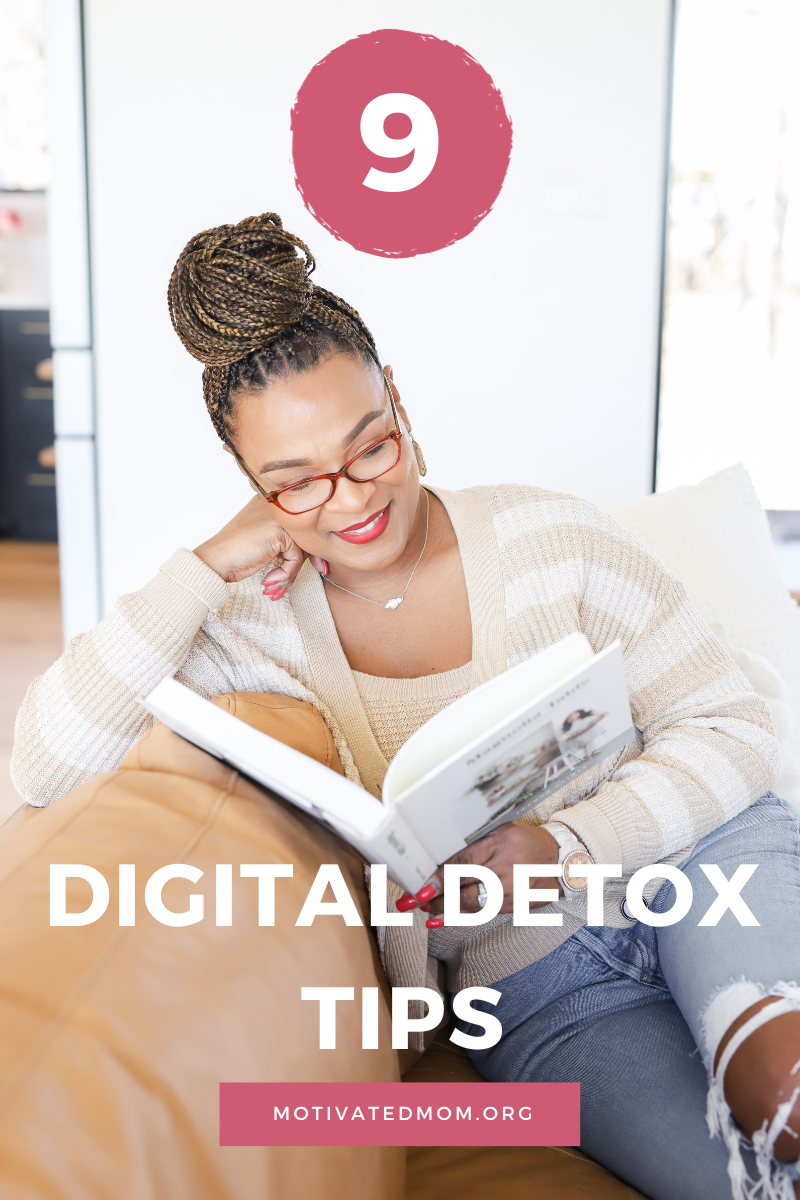
1. What Exactly is a Digital Detox?
First off, let’s clarify what we mean by ‘digital detox’. It’s essentially a period when you voluntarily refrain from using digital devices, especially smartphones and social media platforms, to reduce stress and focus on the real world. It’s like pressing a reset button on your digital habits.
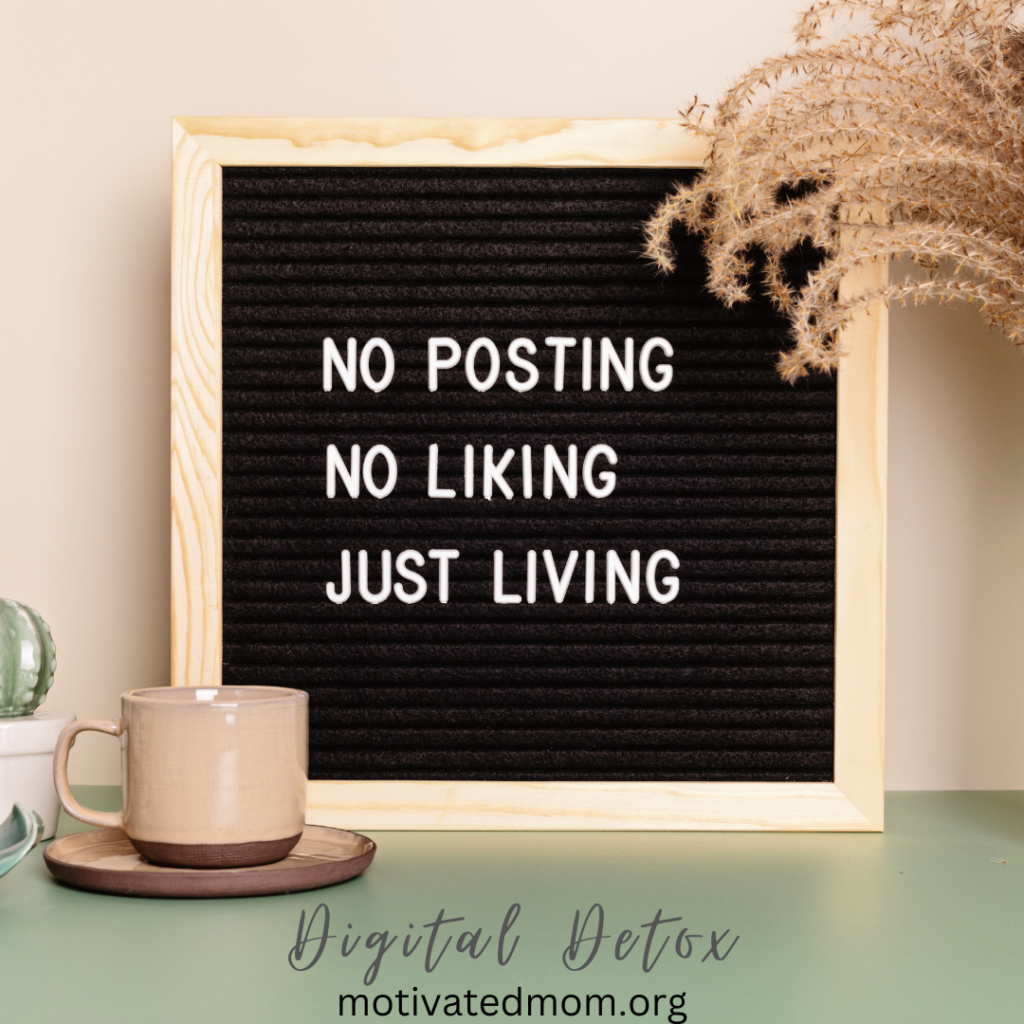
2. The Overload of Digital Information
Today’s digital age is brimming with constant notifications, updates, and buzzes. Every little beep demands our attention, and before we know it, we’re sucked into the digital abyss. This constant barrage of information is not just overwhelming; it’s downright exhausting. By allowing ourselves to be constantly plugged in, we’re subjecting ourselves to a never-ending stream of digital noise.
3. Effects on Mental Health
It’s no secret that the overuse of digital devices can have adverse effects on our mental well-being. Here are some points to ponder:
- Increased Anxiety & Stress: Ever heard of FOMO (Fear of Missing Out)? It’s that little voice in our heads that convinces us we’re missing out on something whenever we’re not online. It can make us anxious and stressed.
- Decreased Self-esteem: With the constant barrage of picture-perfect lives displayed on social media, it’s easy to fall into the comparison trap and feel less about our lives.
- Disturbed Sleep Patterns: Using our devices right before bed can mess up our sleep cycle. The blue light emitted interferes with the production of the sleep hormone melatonin.
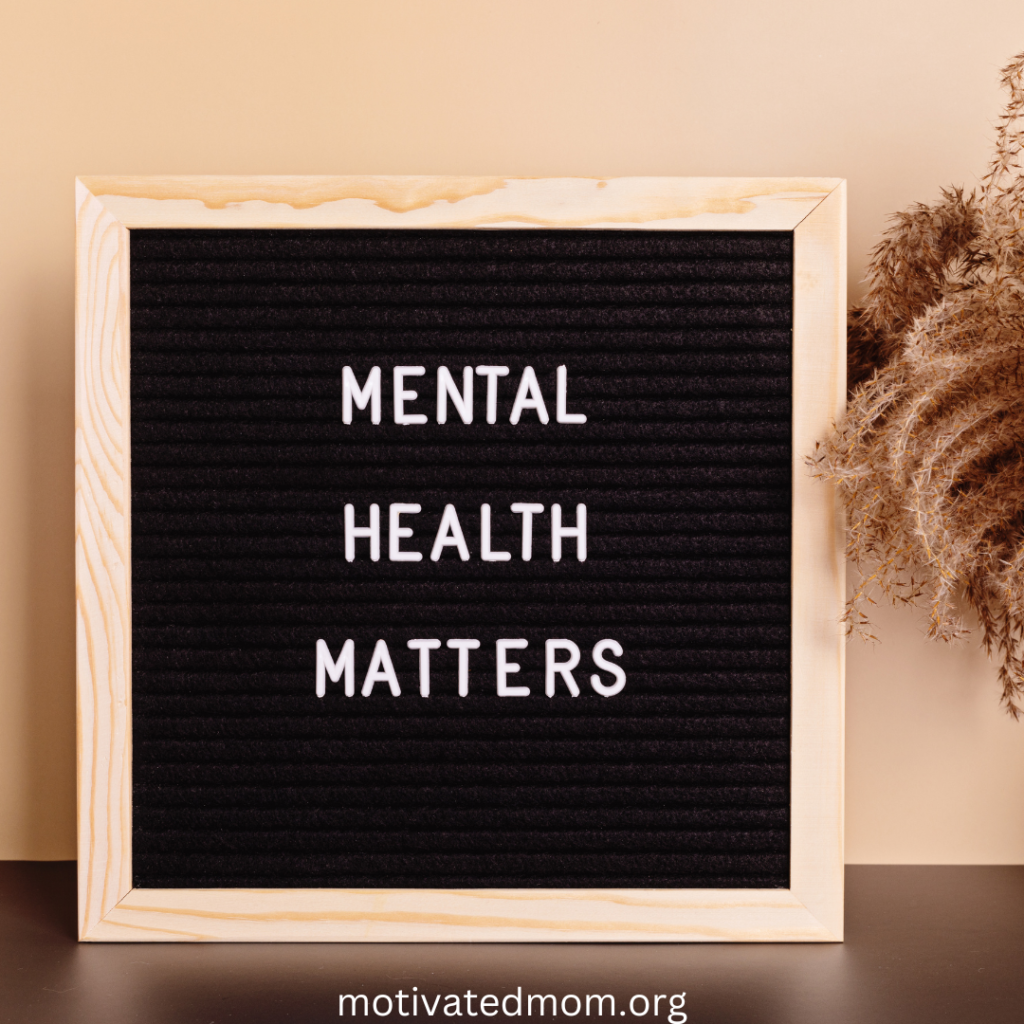
4. Boosting Real-life Connections
Remember the last time you had a heart-to-heart conversation with someone without any interruptions from digital devices? By disconnecting from the digital world, we’re paving the way for more genuine, human connections.
- The Quality of Conversations:
When we aren’t distracted by the ping of a message or the temptation to quickly Google something mid-conversation, our discussions tend to be deeper and more meaningful. Eye contact, gestures, and tone of voice play a huge role in understanding and empathizing with another person. Without digital interruptions, we can fully listen, leading to more profound and fulfilling conversations.
- Creating Memories:
Physical presence allows for shared experiences that are hard to replicate digitally. Be it a spontaneous dance in the rain, a shared meal, or a simple walk, these unplugged moments often become cherished memories. Without a device in hand, we’re more present, leading to more genuine laughter, deeper reflections, and an authentic connection with our surroundings.
- Building Stronger Bonds:
Digital communication, while efficient, often lacks the warmth and nuance of face-to-face interactions. Personal touches like a pat on the back, a comforting hug, or a reassuring squeeze of the hand strengthen bonds. These gestures, small as they may seem, are fundamental in creating trust and intimacy.
- Emotional Well-being:
Human beings are social creatures. We thrive on connection, and studies have shown that in-person interactions contribute positively to our emotional well-being. A warm embrace, a genuine smile, or simply being in someone’s company can uplift our spirits in ways that a digital heart or thumbs-up can’t match.
- Rediscovering the Joy of Group Activities:
Before the digital boom, group activities were the heart of socialization. Board games, group sports, picnics, or even group study sessions fostered camaraderie and team spirit. Going on a digital detox can reignite the joy of these activities, allowing us to revel in collective joy and healthy competition.
- Cultivating Patience:
In a digital age of instant gratification, waiting for the right moment in a conversation to share thoughts or simply being patient as someone finds the right words to express themselves can cultivate patience. This patience often translates to a deeper understanding and appreciation for the ebbs and flows of human interaction.
5. Reclaiming Time
Let’s do some quick math. If you spend approximately 2 hours a day on your devices, that’s a whopping 730 hours or 30 full days in a year! Imagine what you could achieve with that extra time. Learning a new hobby, perhaps? Or maybe reading that stack of books you’ve been meaning to get to?
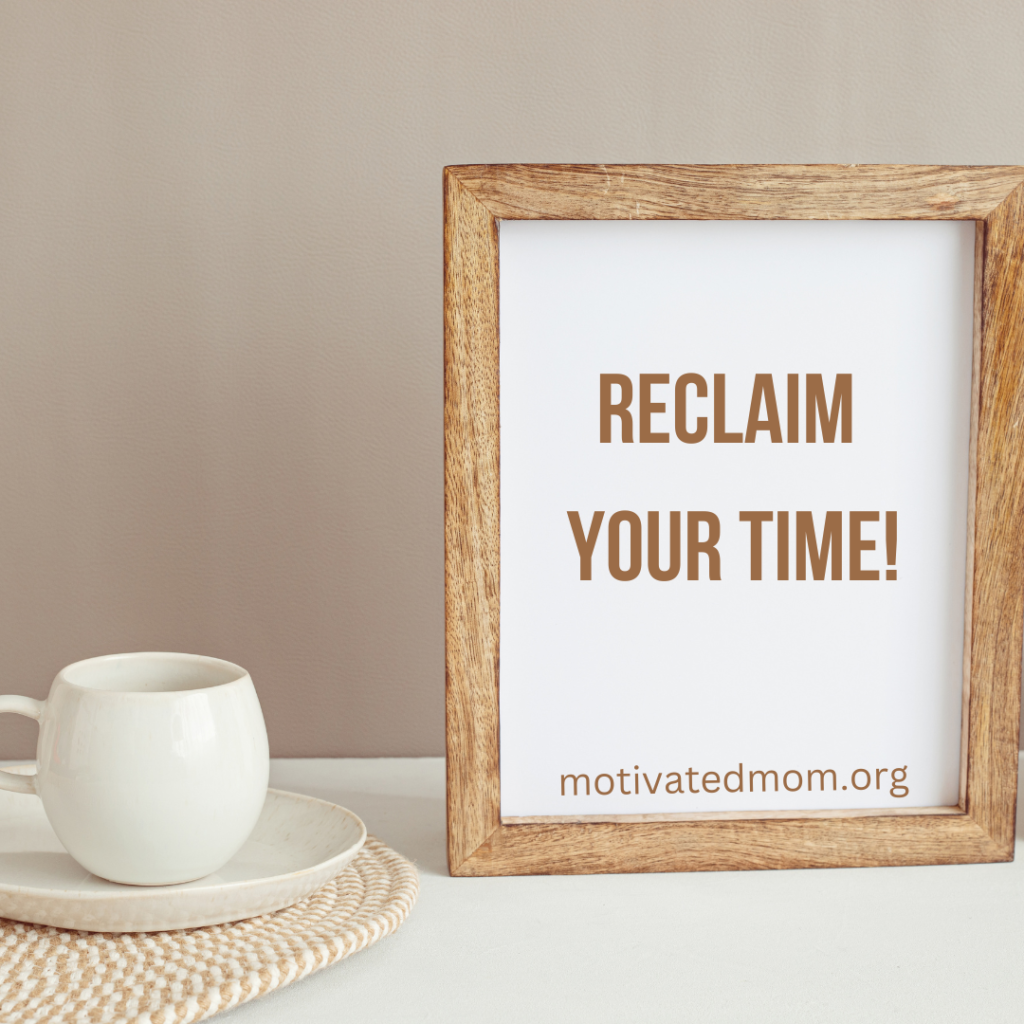
6. Improved Productivity
Without the constant notifications pulling our attention in every direction, our focus sharpens. We’re better able to concentrate on the task at hand, whether it’s work, study, or a personal project.
7. Experiencing the Moment
There’s a certain magic in living in the moment, feeling the wind in your hair, and taking in the world with all your senses. When we’re always behind screens, we miss out on the beauty of the NOW.
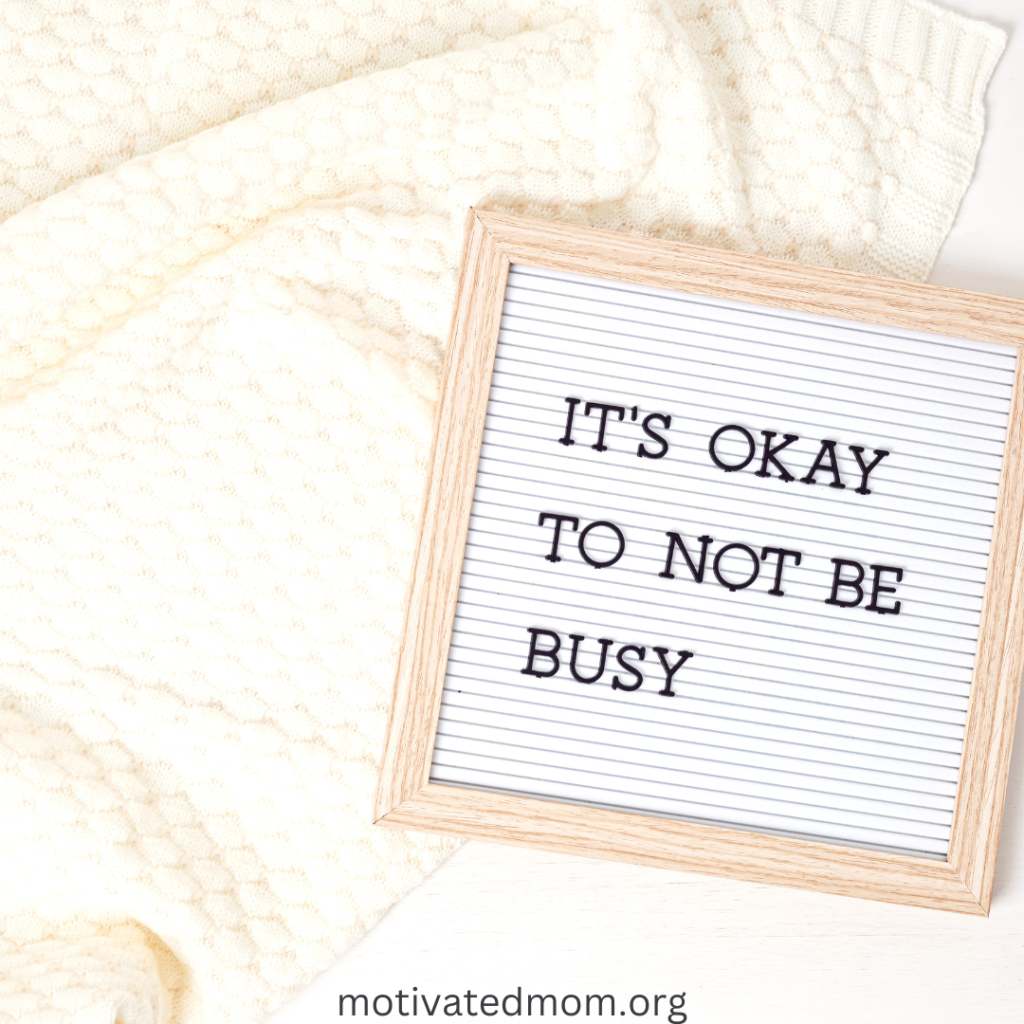
8. How to Successfully Do a Digital Detox
Starting a digital detox might seem daunting, but here are some steps to ease into it:
- Set Clear Boundaries: Allocate specific times for checking emails and social media. Maybe once in the morning and once in the evening?
- Go Old School: Remember alarm clocks? Use them instead of your phone to wake up. This way, you’re not tempted to dive straight into the digital world as soon as you open your eyes.
- Offline Activities: Engage in offline activities you love. It could be painting, reading, or even a walk in the park.
- Educate & Involve: Share your digital detox journey with friends and family. Better yet, involve them! It’s always easier when done together.
- Digital-Free Zones: Designate certain areas in your home, like the dining room, as digital-free zones. It encourages real conversations and connections.
9. The Balance
Of course, we’re not advocating for ditching digital completely. It’s about striking a balance. The digital world offers numerous benefits, but it’s crucial to use it mindfully.
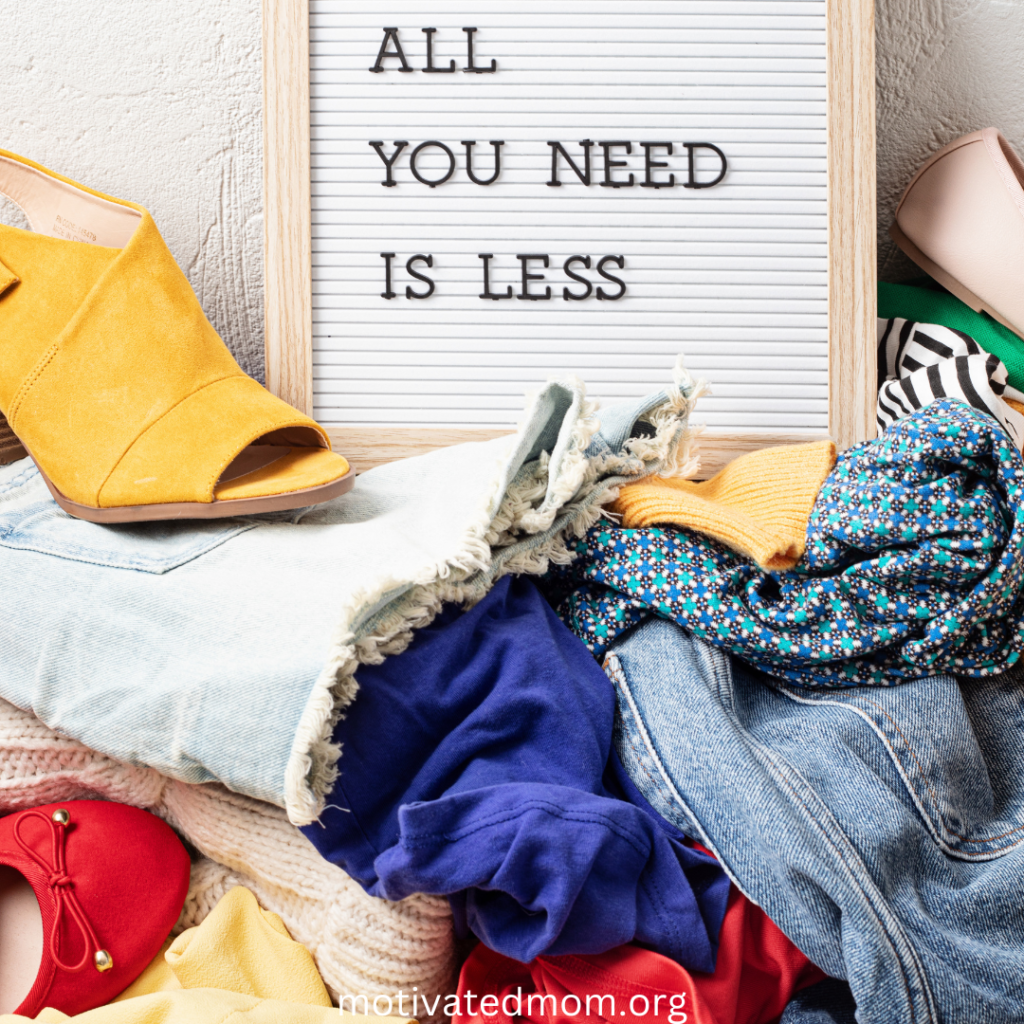
Taking a step back from our devices allows us to reconnect with ourselves, the people around us, and the world at large. As the old saying goes, “Sometimes you need to disconnect to connect.” So, why not give yourself the gift of a digital detox and experience the myriad of benefits it brings?
Until next time, happy unplugging!

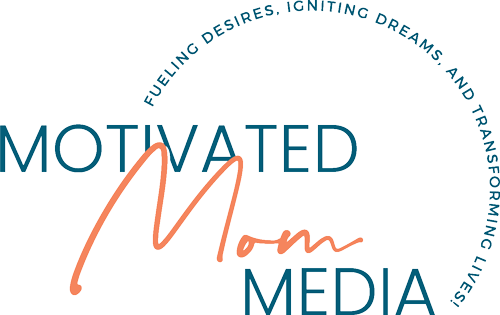
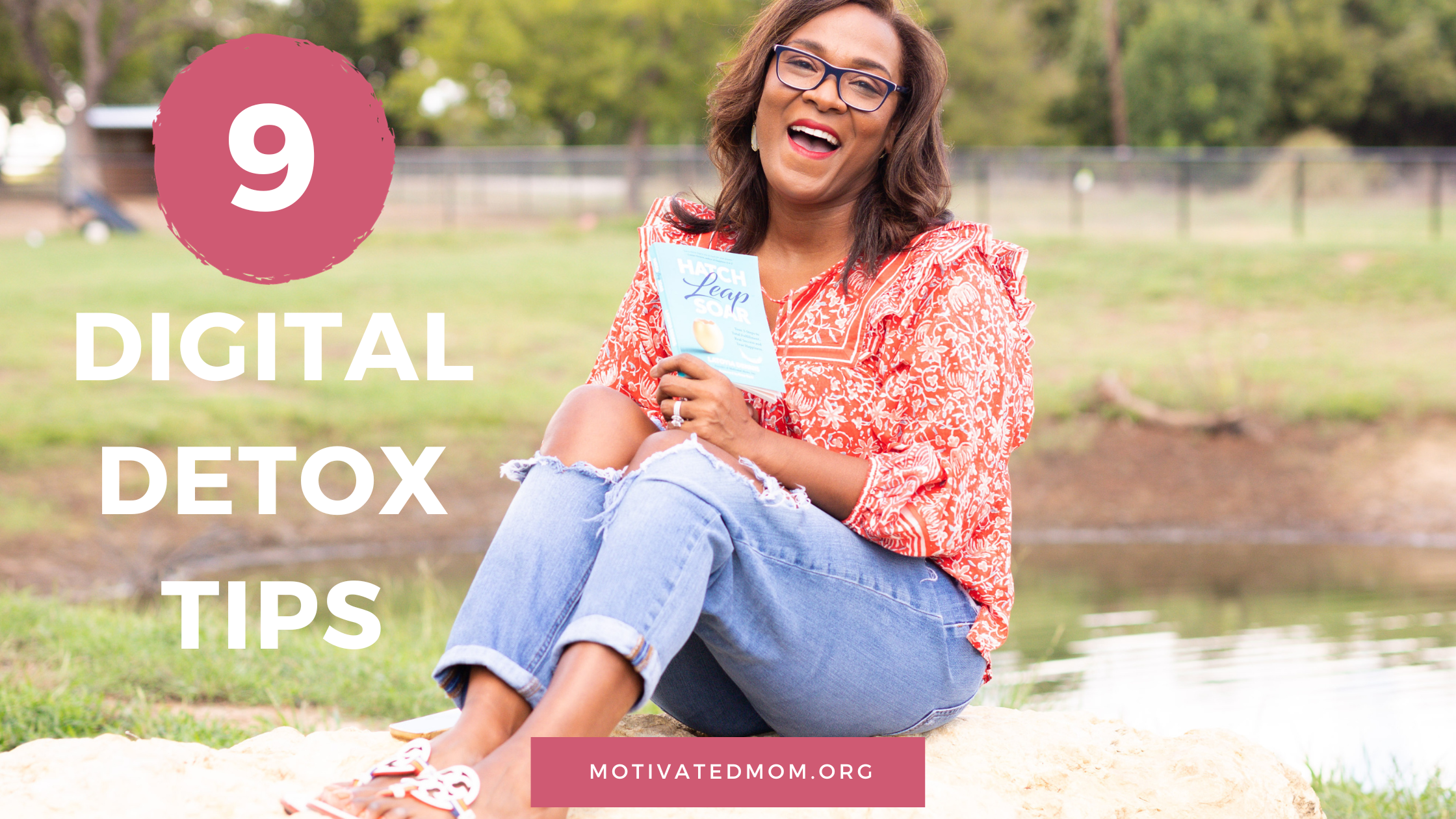
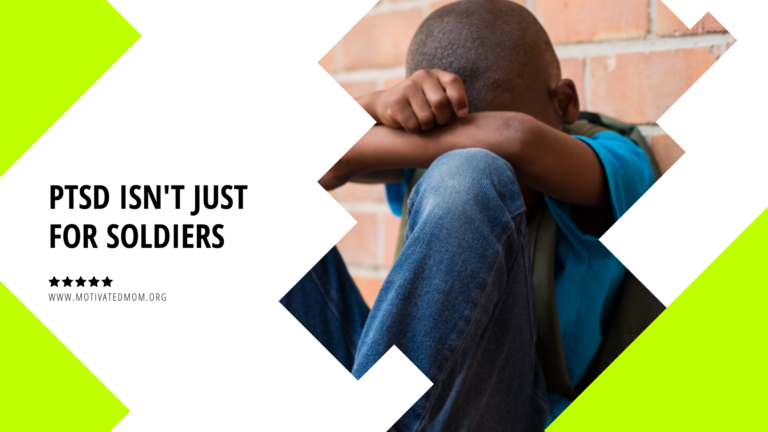
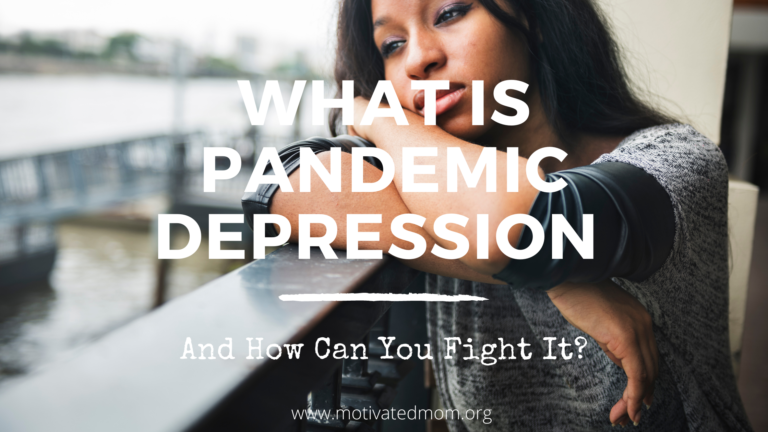
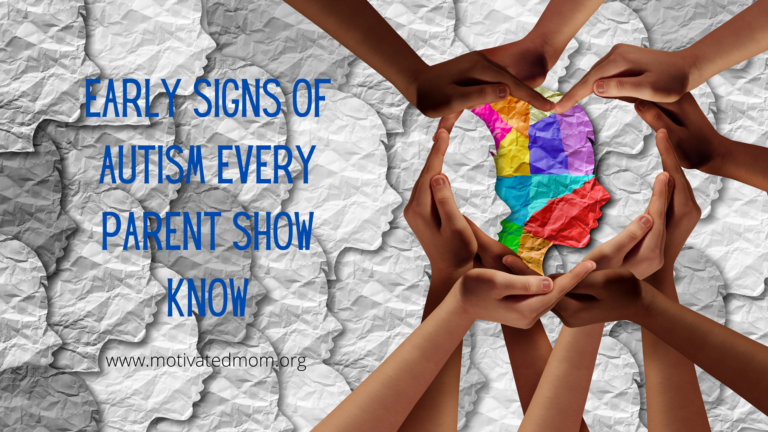

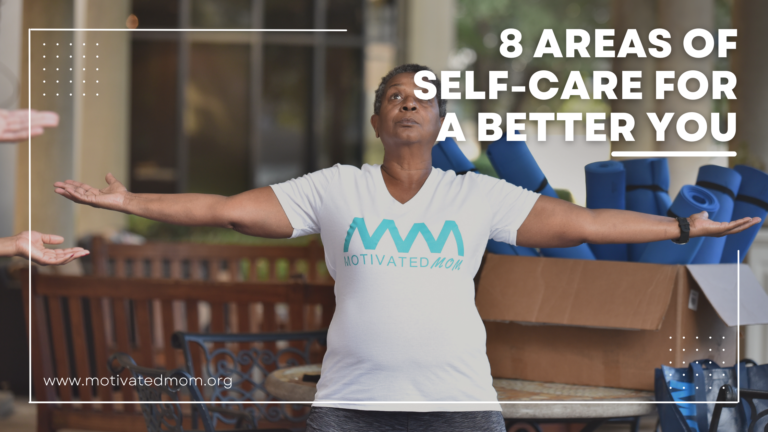
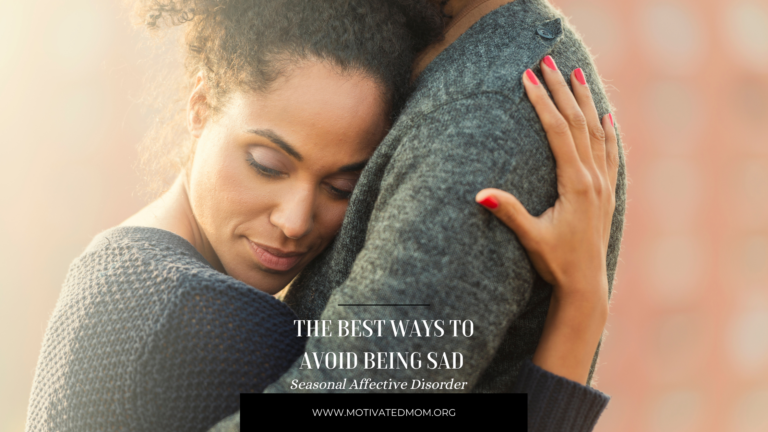
Such great tips!! We’ve all forgot what it’s like to have quiet time. I’m actually going out in the forest today to ready for awhile. Quiet will be nice to have. 🙂
This is a great post, powerful reminders for everyone who is reading it and who is not! Get this message on the daily basis!
I agree that unplugging from time to time is so important for our mental health! I love that sign, too, “It’s okay not to be busy” — our society values busy-ness so much and it’s really an unhealthy way to be.